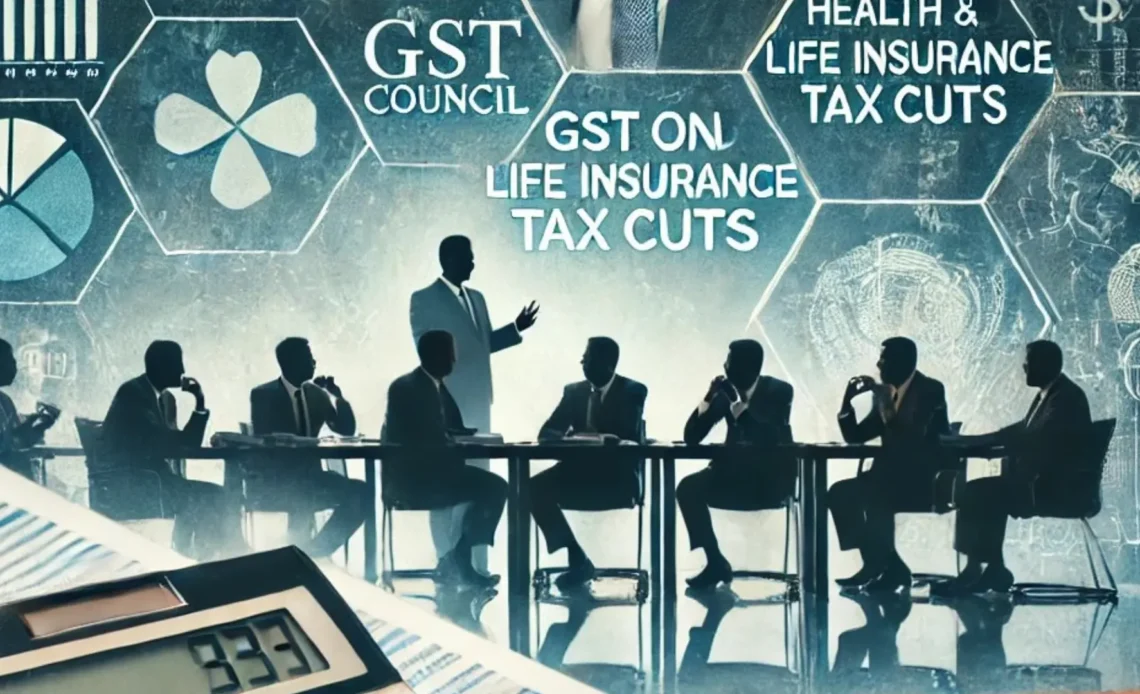In a significant development, the GST Council has formed a Group of Ministers (GoM) to evaluate the potential reduction of the Goods and Services Tax (GST) levied on health and life insurance premiums. Currently, a steep 18% tax is imposed on both health and life insurance, which has sparked widespread discussions about the burden this places on consumers, especially in a post-pandemic world where health insurance is essential.
Cancer Drugs Get Relief, Namkeen Under Spotlight:
The Council’s recent decisions included slashing GST rates on cancer treatment drugs such as Trastuzumab Deruxtecan, Osimertinib, and Durvalumab, bringing them down from 12% to 5%. Meanwhile, the taxation on certain categories of “namkeen” was reduced to 12% from 18%, offering some respite to small businesses and consumers alike.
Interestingly, while some rates were reduced, others saw an uptick. For instance, the GST on car seats was hiked from 18% to 28%, aligning the rate with that of motorcycle seats. In another move aimed at enhancing business transparency, a pilot rollout of B2C e-invoicing was recommended, following the success of e-invoicing in B2B transactions.
Group of Ministers to Present Recommendations:
The Council emphasized the importance of further deliberations on the matter of insurance. The GoM, including ministers from states like Bihar, West Bengal, Karnataka, and Kerala, will present their recommendations in the November 2024 GST Council meeting. This decision comes after Finance Minister Nirmala Sitharaman expressed the complexity of group insurance policies and their impact on senior citizens and term insurance.
The goal of these discussions is to ease the financial strain on policyholders while balancing revenue needs for the government. If implemented, these cuts could provide much-needed relief to individuals paying hefty premiums on health and life insurance.
Compensation Cess to Be Reassessed:
Another key item on the Council’s agenda was the future of the compensation cess, initially introduced to compensate states for revenue losses during the GST rollout. The cess, which is set to expire soon, will be reviewed by the GoM to determine a revised framework. The idea is to ensure that this revenue-sharing mechanism is fair and sustainable.
Future Outlook
As the November GST Council meeting approaches, all eyes will be on the GoM’s recommendations. The potential for reduced tax rates on essential insurance premiums could offer significant relief to policyholders, signaling a more consumer-friendly approach from the government.
Credit: This article is based on information from Hindustan Times and Kashmir Observer.
Summary:
1. The GST Council has formed a GoM to consider reducing the 18% GST on health and life insurance premiums.
2. Tax on certain cancer drugs has been reduced from 12% to 5%.
3. A pilot for B2C e-invoicing has been recommended for better tax transparency.
4. The future of the compensation cess is under review by the GoM, with recommendations expected in November.




